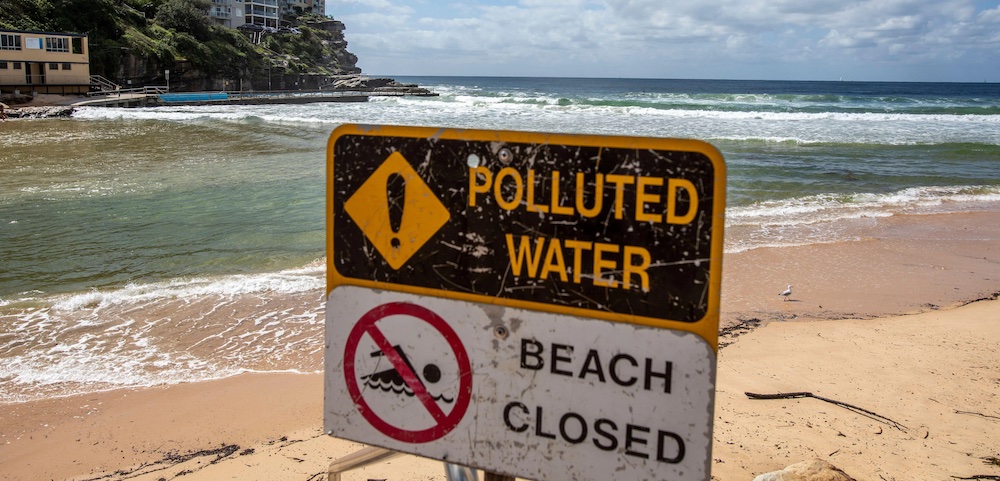
Econscious: The real costs of private transport
Natalie Penn
When you factor in the price of petrol, car insurance and maintenance, parking permits and (quite possibly) speeding tickets, the costs of owning a car add up.
Of course, the cost to the environment is also high.
In Australia, the transport sector accounts for a whopping 77.2 million tonnes (or about 14 per cent) of our total net greenhouse pollution. More than half of transport related greenhouse pollution comes from cars (trucks and buses account for 34 per cent).
On a per capita basis, Australians own more cars than any other nation with the exception of the US.
With average use, an Australian family car will travel about 15,000 km a year, generate about six tonnes of greenhouse pollution and cost its owners $7,700.
The bigger your car is, the more it will cost to run, and the more harm it will do to the environment. By becoming a sustainable traveller, you can help reduce the impact cars have on the environment.
When you absolutely have to drive, make a conscious effort to be an efficient driver and keep your car in excellent working order. By simply adjusting some of your travelling methods you can improve the fuel efficiency of your car and reduce its emissions:
By avoiding stop and start traffic and driving smoothly you can save up to 30 per cent of greenhouse pollution.
Keeping the engine of your car tuned will reduce emissions by 5-15 per cent.
You can save up to 100 kg of greenhouse pollution each year by ensuring your tyres are kept at the maximum recommended pressure.
Driving at 90 km/h rather than 110 km/h will result in your car using 25 per cent less fuel.
Reducing the amount of unnecessary weight in the car will improve its fuel efficiency.
Use the air-conditioner sparingly: by setting it on high you could increase fuel consumption by over 10 per cent. However, when you’re driving over 80 km/h it is more efficient to have the air conditioner on than having an open window.
Reduce the amount of fuel wasted by turning off the engine instead of letting it idle.









